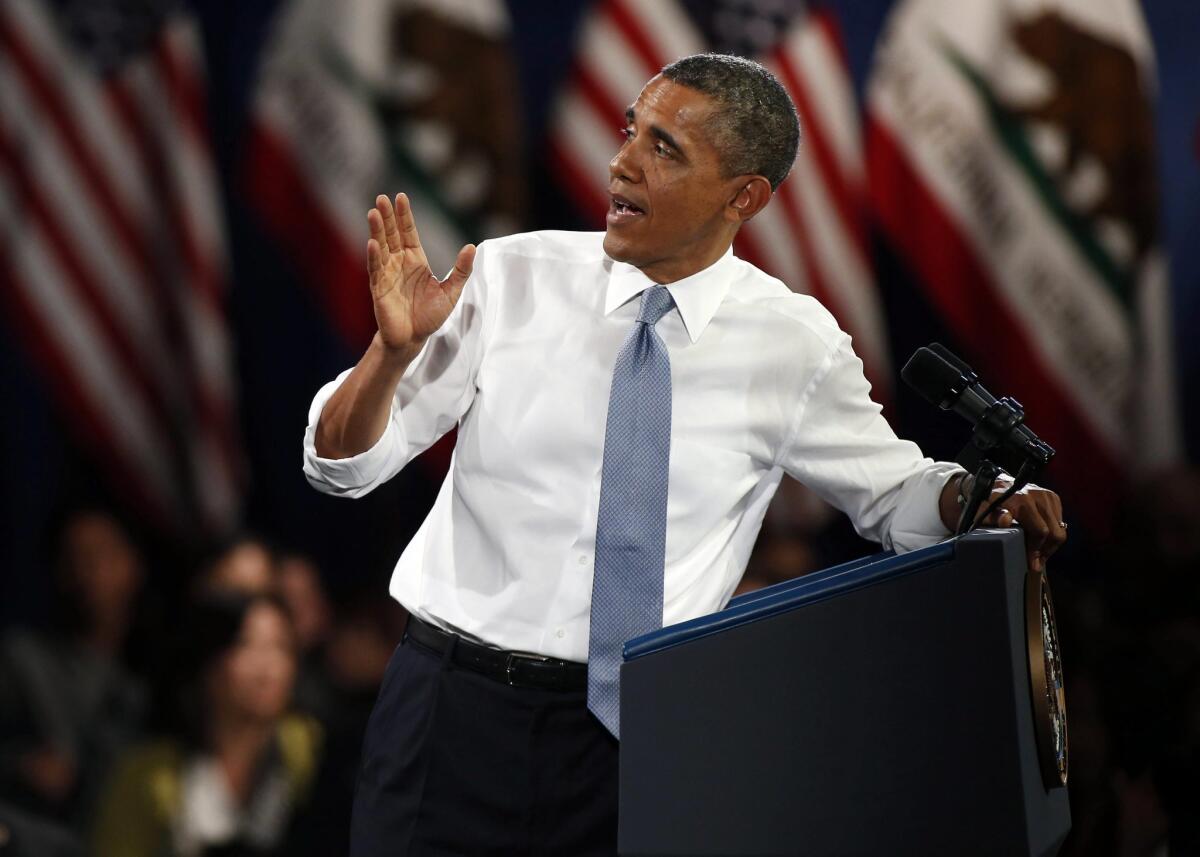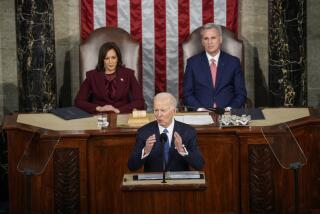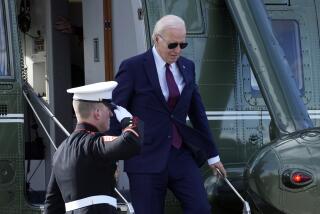Can Obama unilaterally ban deportations?

Last month in San Francisco, President Obama called on Congress to enact comprehensive immigration reform. His speech was novel in many respects: The president used the backdrop of a community center in Chinatown to remind voters that immigrants are racially diverse. Also, for the first time in prepared remarks, the president signaled that he would consider a piecemeal approach to immigration reform long favored by Republican leaders in the House of Representatives.
What got the most attention, however, was an unscripted exchange between Obama and Ju Hong, an undocumented UC Berkeley graduate who interrupted the president, calling on him to use his executive authority to halt all deportations. Hong’s outburst refocused the immigration debate on its thorniest element: addressing the problem of more than 11 million unauthorized immigrants in a manner acceptable to both the Senate’s Democratic majority and Republican House leaders.
Though Obama might have preferred not to have his speech interrupted, the exchange actually may have helped the prospects for immigration reform in some key respects. First, the dramatic nature of the interruption drew more media attention to the speech — and thus to immigration reform — than it might have received otherwise. It also introduced a large, national audience to the idea of halting most deportations.
YEAR IN REVIEW: Highs and lows from Obama’s roller-coaster year
But does the president really have this authority? Possibly, but taking such action would carry significant political and legal risks. Additionally, an executive order would be far more limited than congressional legislation, because future presidents could reverse the decision and unauthorized immigrants would still not qualify for a pathway to citizenship absent congressional approval.
Still, such an executive order provides an intriguing “nuclear option” for the president. He could potentially employ such action to address gaps in any congressional legislation on immigration reform, or he could merely threaten its use to pressure Congress to pass a bill that includes a pathway to citizenship.
The Constitution delegates to the president the power to execute federal laws, including immigration law. Such power includes the discretionary authority over law enforcement, and as part of that authority, executive officials often exercise prosecutorial discretion on a case-by-case basis. Last year, the president used that power to institute the Deferred Action for Childhood Arrivals Program, which preemptively shielded a significant number of undocumented youths and young adults from deportation. Many immigrant advocates concluded that, if the president can halt deportations of undocumented youths, he also has the power to halt deportations more generally.
Though the president may be able to extend deferred action to a broader population, he would find it far more difficult to defend a near-cessation of deportation as an exercise of discretion or prioritization. When Obama deferred action last year on those who arrived in the U.S. as children, his administration was still utilizing its enforcement resources to deport about 400,000 people a year who weren’t covered by the program. These deportation levels were the same as in recent years and in line with the administration’s assessment on the maximum removals possible under its current budget.
Currently, enforcement mandates from Congress call for at least 34,000 beds to be filled in immigration detention facilities at all times, which would make it difficult for the president to expand the reach of deferred action to halt all deportations. Moreover, many would interpret such action as usurping congressional power or as a “backdoor veto” of immigration law.
Congress might not be able to get the Supreme Court to weigh in on the constitutionality of such a move, as the court has traditionally been reluctant to enter disputes between the other two branches of government. But a cessation of most deportations would probably provoke a political crisis between the presidency and Congress, and cause a drop in public approval of the president and the Democratic Party heading into next year’s midterm election.
The president could, however, change immigration enforcement priorities in more modest and less politically risky ways. For example, he could defer the deportation of immediate relatives of Deferred Action for Childhood Arrivals beneficiaries. Enacting or threatening such a move would draw the attention of Congress, but it might not provoke a constitutional crisis. And it could help break the current logjam on immigration legislation, spurring Congress to pass a more durable and comprehensive fix to the problem of unauthorized immigration.
Karthick Ramakrishnan is an associate professor of political science at UC Riverside. Pratheepan Gulasekaram is an associate professor of law at Santa Clara University.
More to Read
A cure for the common opinion
Get thought-provoking perspectives with our weekly newsletter.
You may occasionally receive promotional content from the Los Angeles Times.






